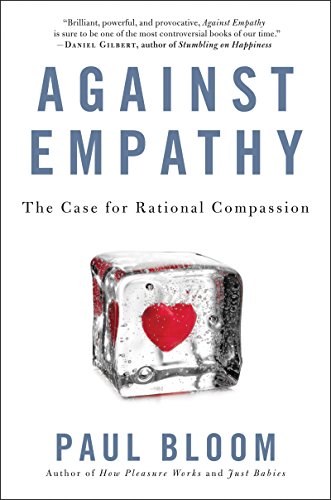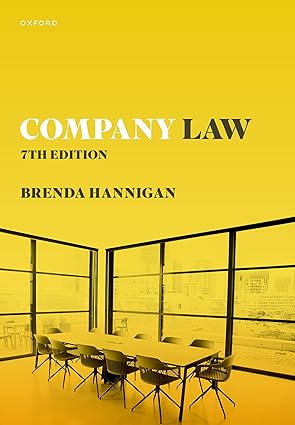New York Post Best Book of 2016
We often think of our capacity to experience the suffering of others as the ultimate source of goodness. Many of our wisest policy-makers, activists, scientists, and philosophers agree that the only problem with empathy is that we don’t have enough of it.
Nothing could be farther from the truth, argues Yale researcher Paul Bloom. In AGAINST EMPATHY, Bloom reveals empathy to be one of the leading motivators of inequality and immorality in society. Far from helping us to improve the lives of others, empathy is a capricious and irrational emotion that appeals to our narrow prejudices. It muddles our judgment and, ironically, often leads to cruelty. We are at our best when we are smart enough not to rely on it, but to draw instead upon a more distanced compassion.
Basing his argument on groundbreaking scientific findings, Bloom makes the case that some of the worst decisions made by individuals and nations—who to give money to, when to go to war, how to respond to climate change, and who to imprison—are too often motivated by honest, yet misplaced, emotions. With precision and wit, he demonstrates how empathy distorts our judgment in every aspect of our lives, from philanthropy and charity to the justice system; from medical care and education to parenting and marriage. Without empathy, Bloom insists, our decisions would be clearer, fairer, and—yes—ultimately more moral.
Brilliantly argued, urgent and humane, AGAINST EMPATHY shows us that, when it comes to both major policy decisions and the choices we make in our everyday lives, limiting our impulse toward empathy is often the most compassionate choice we can make.
چکیده فارسی
نیویورک پست بهترین کتاب سال 2016
ما اغلب به ظرفیت خود برای تجربه رنج دیگران به عنوان منبع نهایی خوبی فکر می کنیم. بسیاری از عاقلترین سیاستگذاران، فعالان، دانشمندان و فیلسوفان ما موافقند که تنها مشکل همدلی این است که ما به اندازه کافی آن را نداریم.
پل بلوم، محقق دانشگاه ییل، استدلال میکند که هیچ چیز نمیتواند دور از حقیقت باشد. بلوم در «علیه همدلی»، همدلی را به عنوان یکی از محرک های اصلی نابرابری و بی اخلاقی در جامعه نشان می دهد. به دور از کمک به ما برای بهبود زندگی دیگران، همدلی یک احساس دمدمی مزاج و غیرمنطقی است که برای تعصبات محدود ما جذاب است. قضاوت ما را به هم می زند و از قضا اغلب به ظلم می انجامد. وقتی به اندازه کافی باهوش باشیم که به آن تکیه نکنیم، در بهترین حالت خود هستیم.
بلوم با استناد به استدلالهای خود بر یافتههای علمی پیشگامانه، برخی از بدترین تصمیمهای افراد و ملتها را مطرح میکند - به چه کسی پول بدهند، چه زمانی به جنگ بروند، چگونه به تغییرات آب و هوایی واکنش نشان دهند، و چه کسی را زندانی کنیم. - اغلب با احساسات صادقانه و در عین حال نابجا انگیزه می شوند. او با دقت و شوخ طبعی نشان می دهد که چگونه همدلی قضاوت ما را در هر جنبه ای از زندگی ما مخدوش می کند، از بشردوستی و خیریه گرفته تا سیستم قضایی. از مراقبت های پزشکی و آموزش گرفته تا فرزندپروری و ازدواج. بلوم اصرار دارد که بدون همدلی، تصمیمات ما واضح تر، منصفانه تر و - بله - در نهایت اخلاقی تر خواهند بود.
با استدلال درخشان، فوری و انسانی، علیه همدلی به ما نشان میدهد که وقتی نوبت به تصمیمهای خطمشی اصلی و انتخابهایی که در زندگی روزمره خود میکنیم، محدود کردن انگیزه ما به سمت همدلی اغلب بیشترین مورد را دارد. انتخاب دلسوزانه ای که می توانیم انجام دهیم.
ادامه ...
بستن ...










